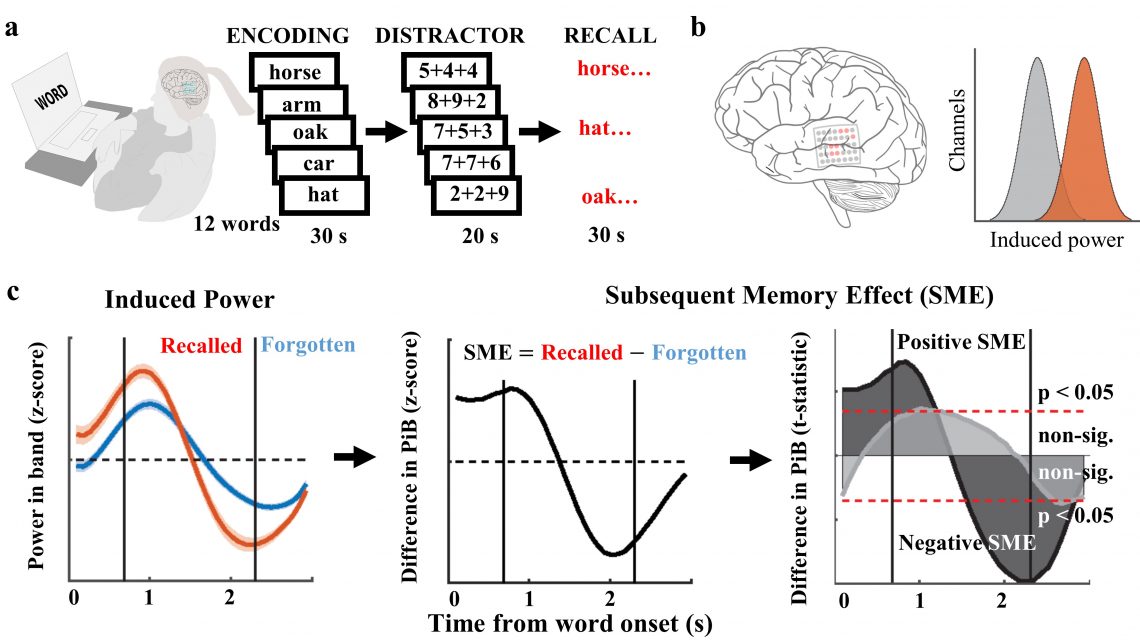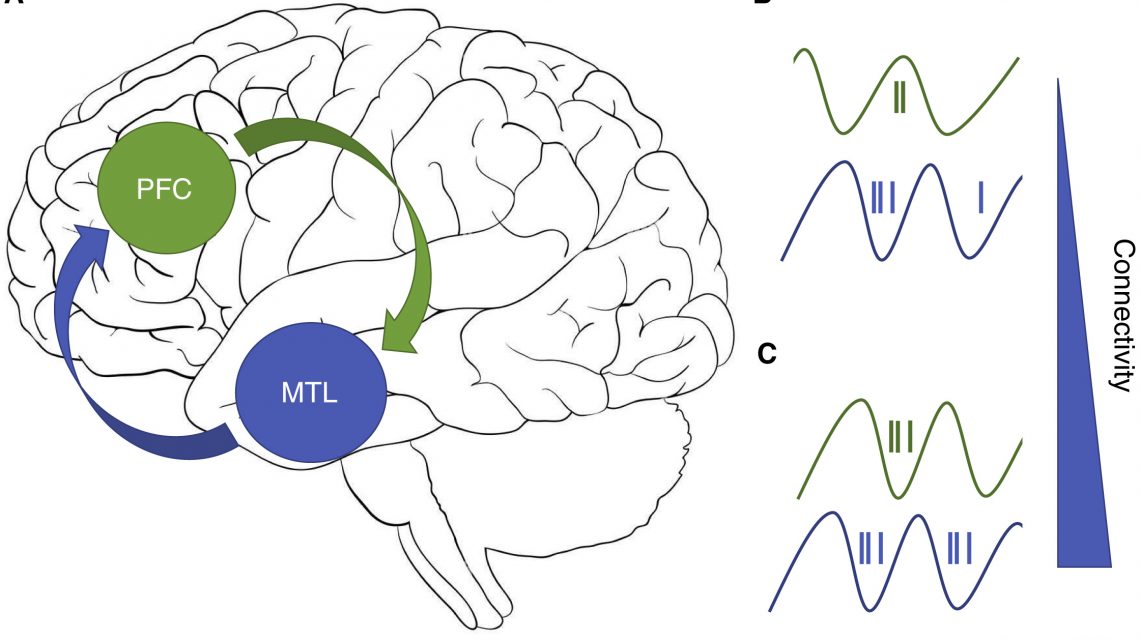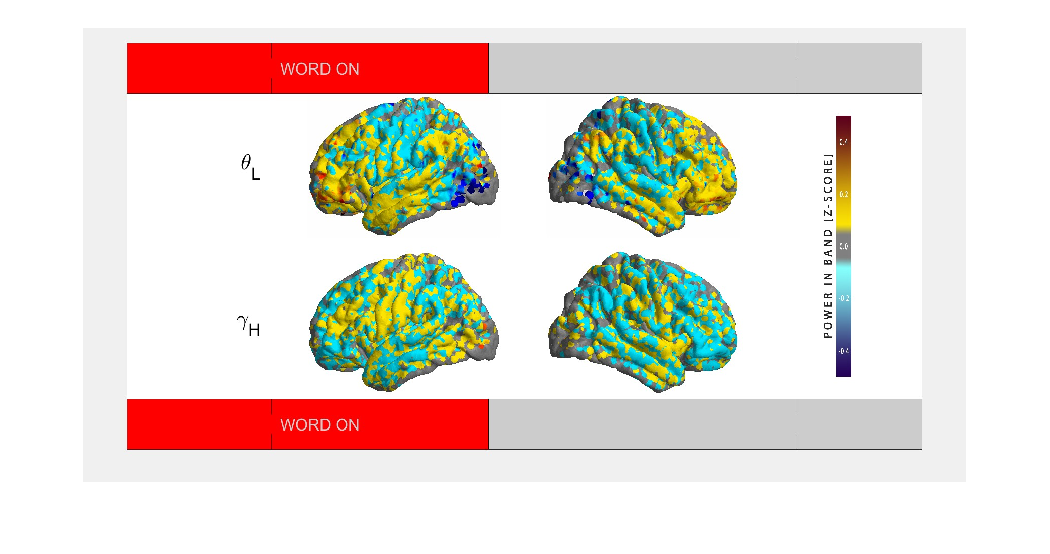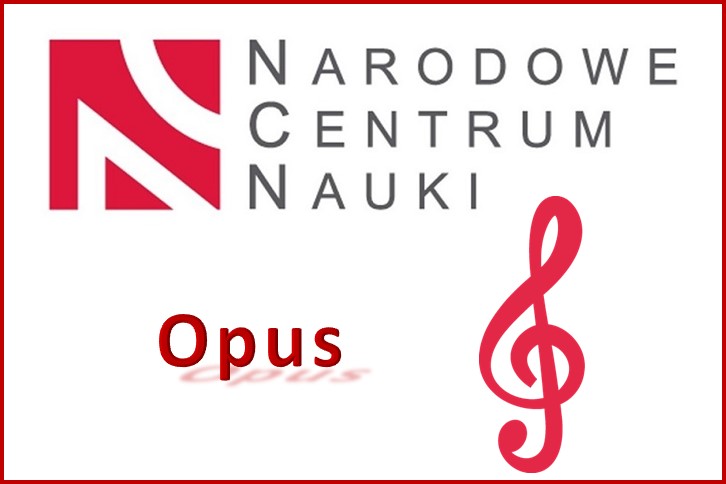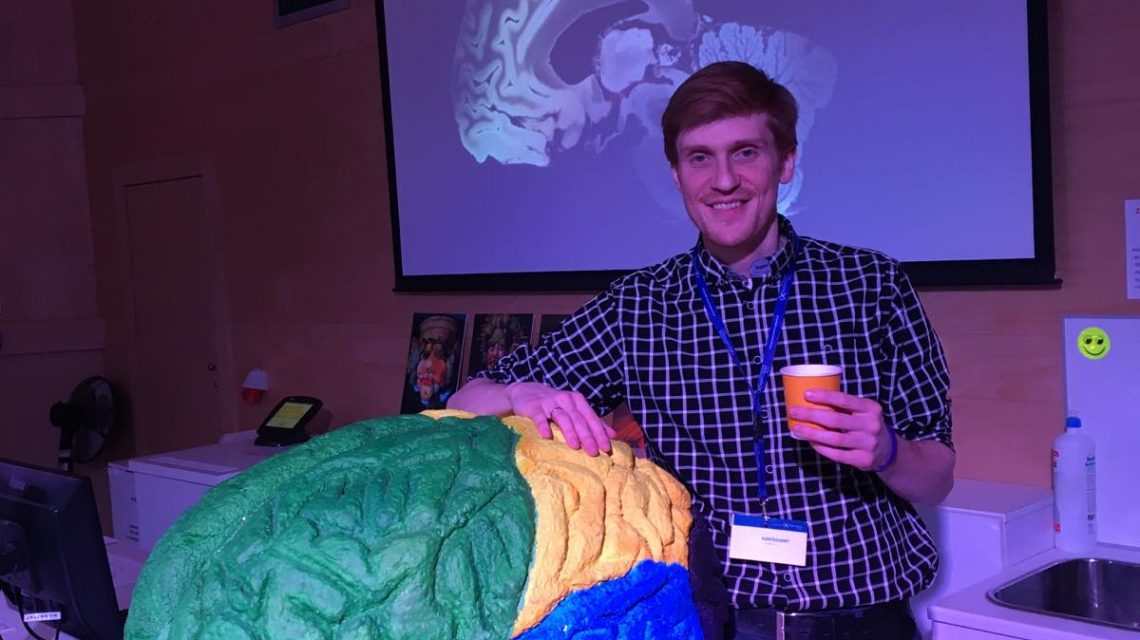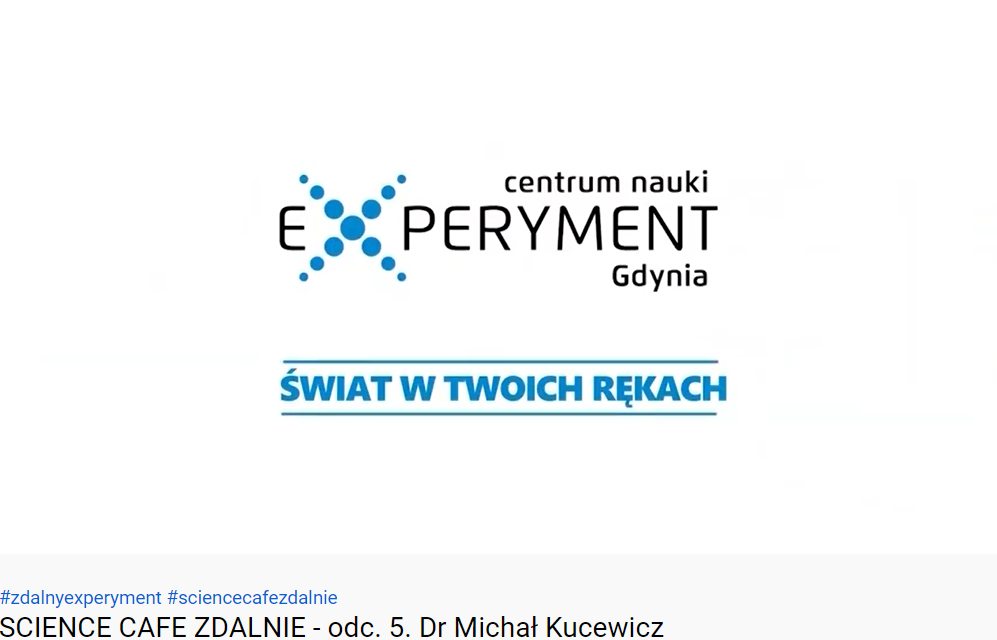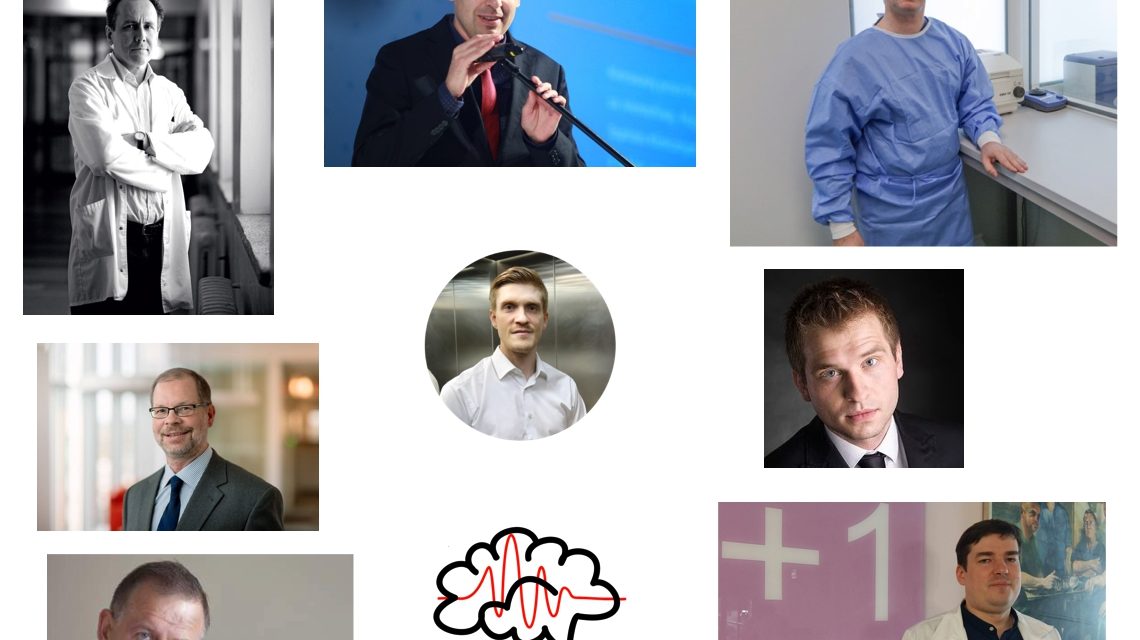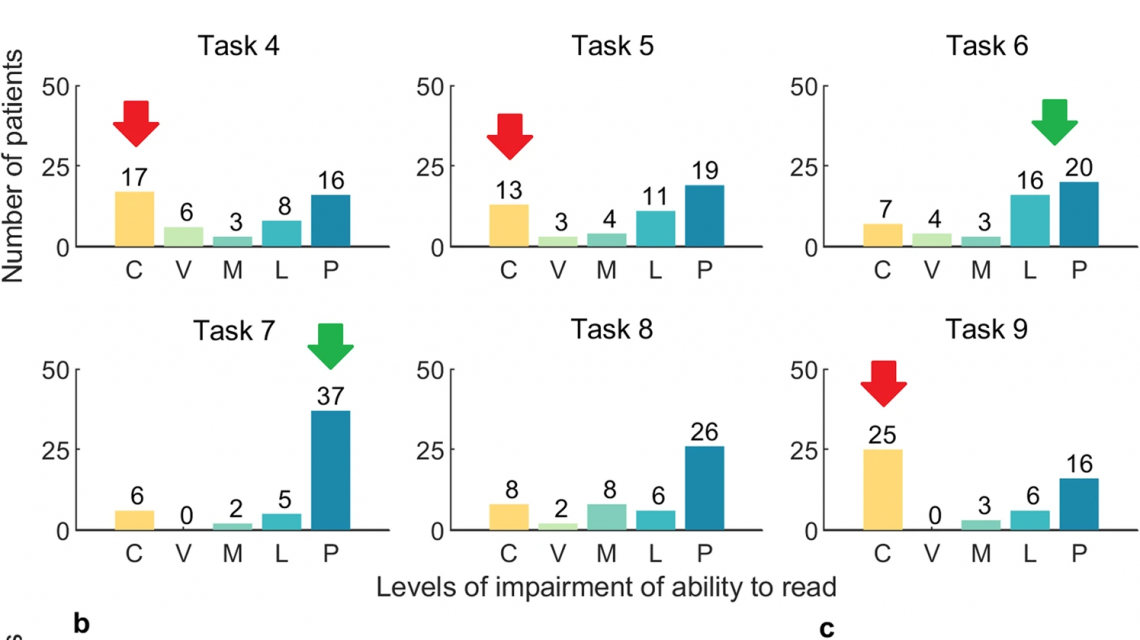We found a hotspot in the brain for improving human memory
Last week our lab released a seminal paper, summarizing 4 years of our work to find a target in the human brain for new therapies to restore memory functions. Previous research localized multiple areas in the brain that showed neural activities predicting successful memory performance. None of these, however, provided a discrete location and a specific neural activity that could be therapeutically modulated to restore memory functions. Çağdaş Topçu, a PhD student in our lab, found that brain rhythms of…
Continue reading
